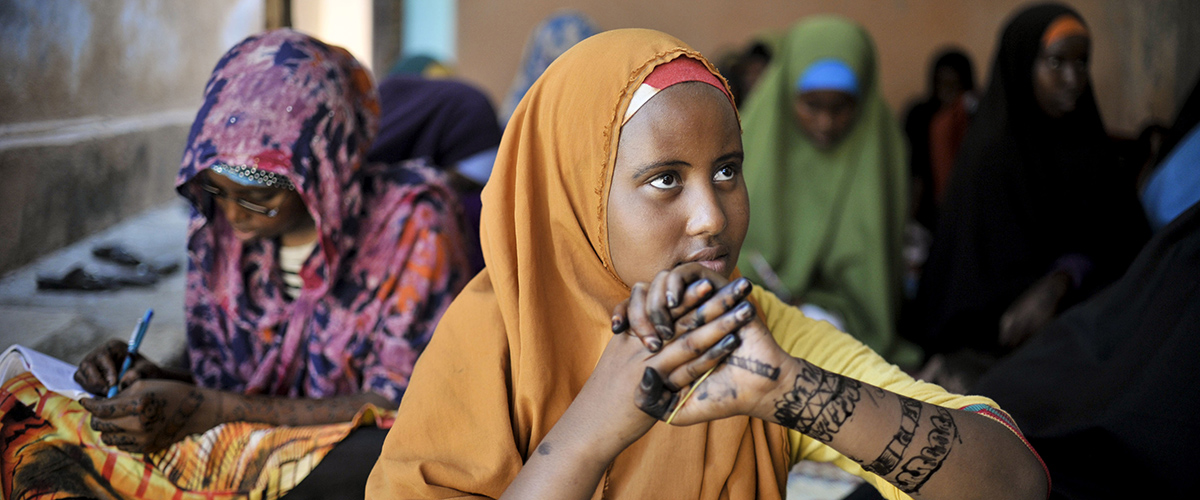An Excisors Reconversion Seminar on the practice of Female Genital Mutilation (FGM) has taken place at at Pusiga in the Upper East Region.
FGM, also known as female genital cutting and female circumcision, is the ritual of cutting or removal of some or all of the external female genitalia. The practice is found in Africa, Asia and the Middle East.
The three-day seminar, therefore, sought to eliminate FGM by helping excisors who have practiced FGM to get them to sincerely confess, give up the practice and get converted.
The seminar also sought to support excisors to become ambassadors to their fellow women practicing FGM to put an end to the act.

More than seventy (70) participants, comprising three different categories, former FGM excisors, assistants and mothers of FGM victims from Ghana and Togo attended the seminar.
It was organized by Belim Wusa Development Agency (BEWDA-Ghana) in partnership with Kpaal n’ paal (Togo), Organisation Regionale pour le Promotion Sociale et Agricole (OREPSA-Togo) and Groupe d’ Action pour Development Durable (GA2D-Togo).
In an address to open the seminar, Mr Abdul Razak Yakah, Pusiga District Co-ordinating Director, who spoke on the theme “Why conserving this heinous and dehumanizing tradition?”, commended BEWDA-Ghana and its development partners for organizing the seminar which, he said, would serve as a platform to advocate against the practice and elimination of the dehumanizing tradition of FGM.
Mr Yakah disclosed that more than three million young girls and women underwent the barbaric act in Africa, with research indicating that the victims had suffered an associated series of short to long-term risks to their physical, mental and sexual health. He, therefore, called on all stakeholders to help combat the practice.

In a statement, Mr Benson Azure, Pusiga District Health Services Director, disclosed that victims of FGM could contract Sexually Transmitted Diseases (STDs) and urinary tract infections, have difficulty during child birth, suffer from anemia (loss of blood) and infertility, adding that FGM posed increased risk to new born deaths.

